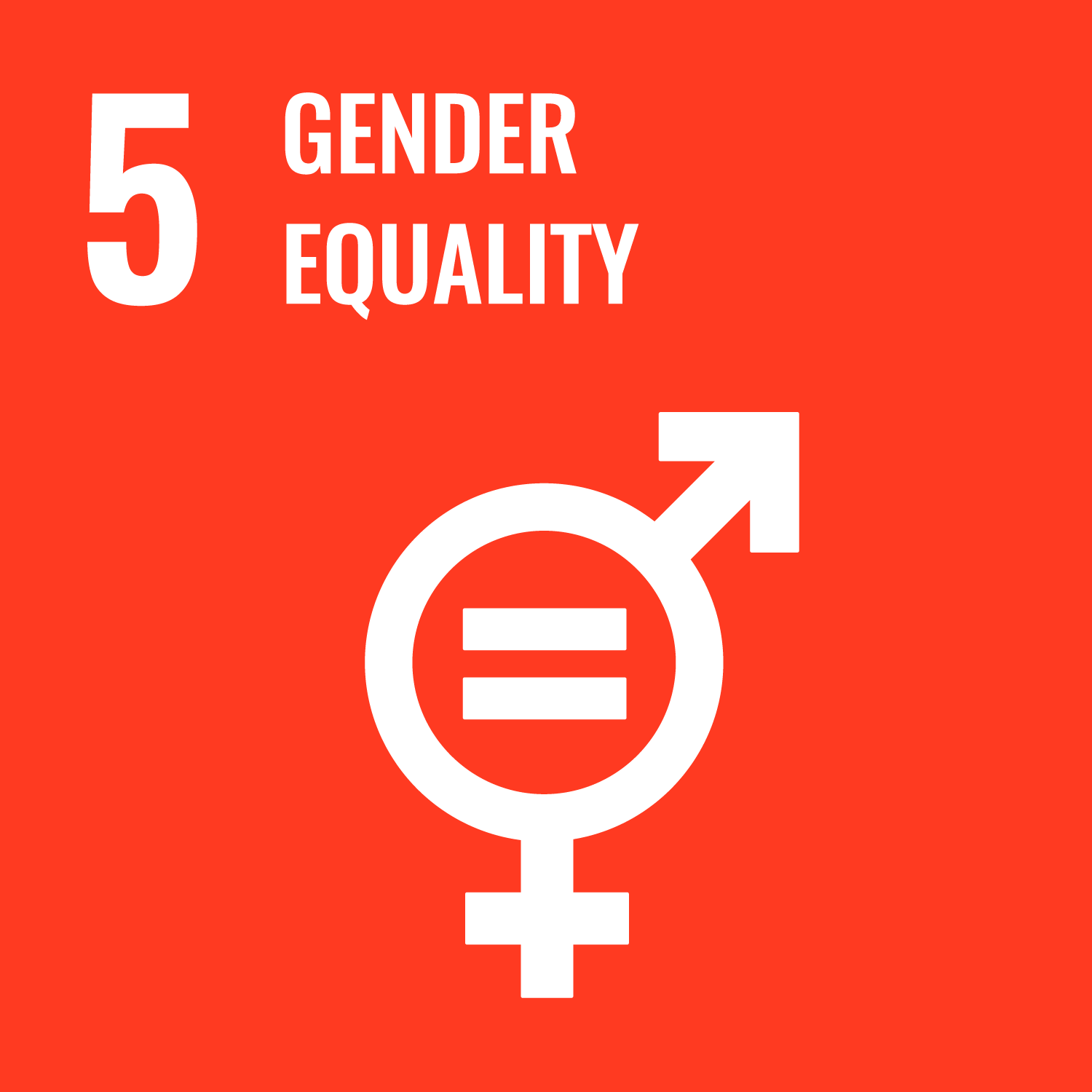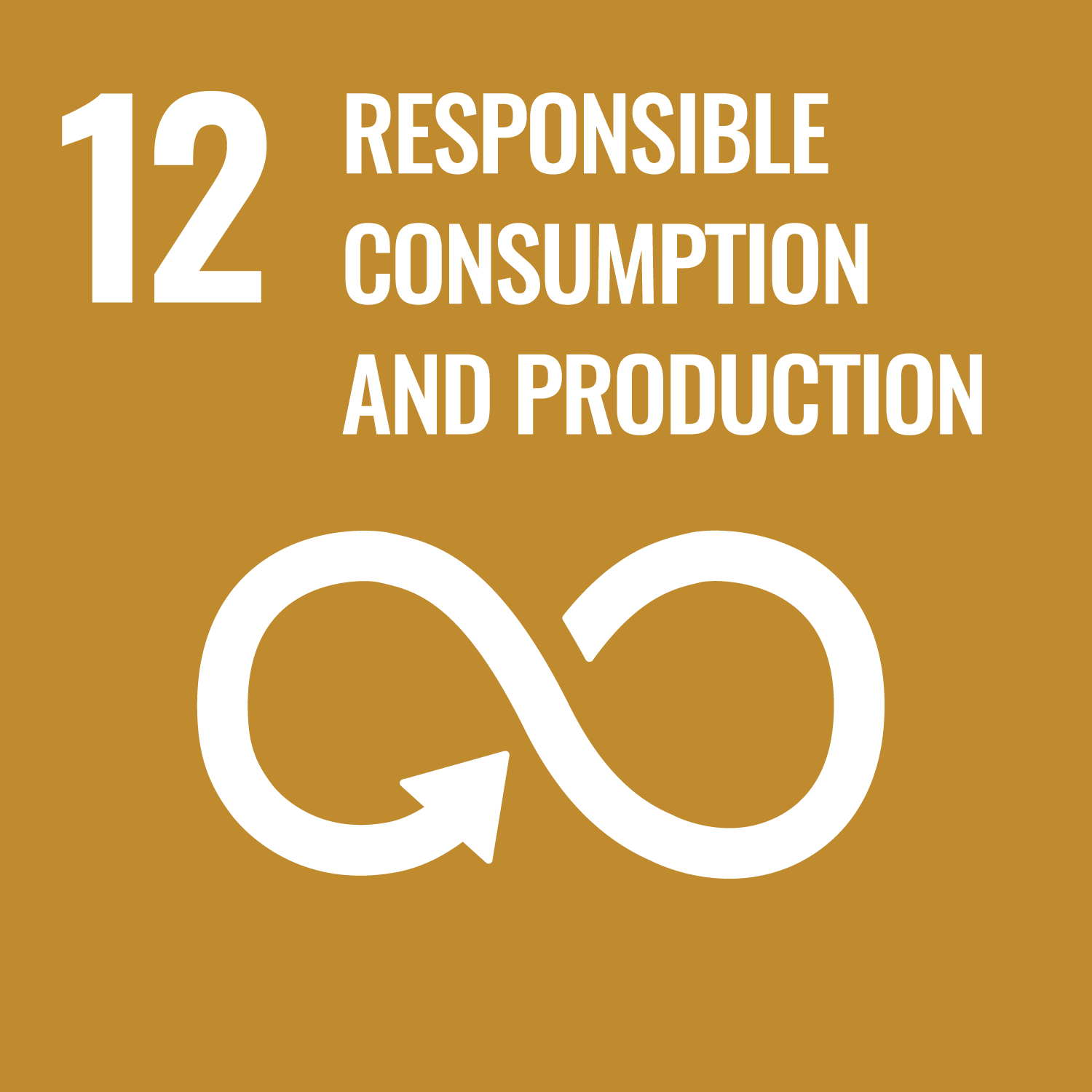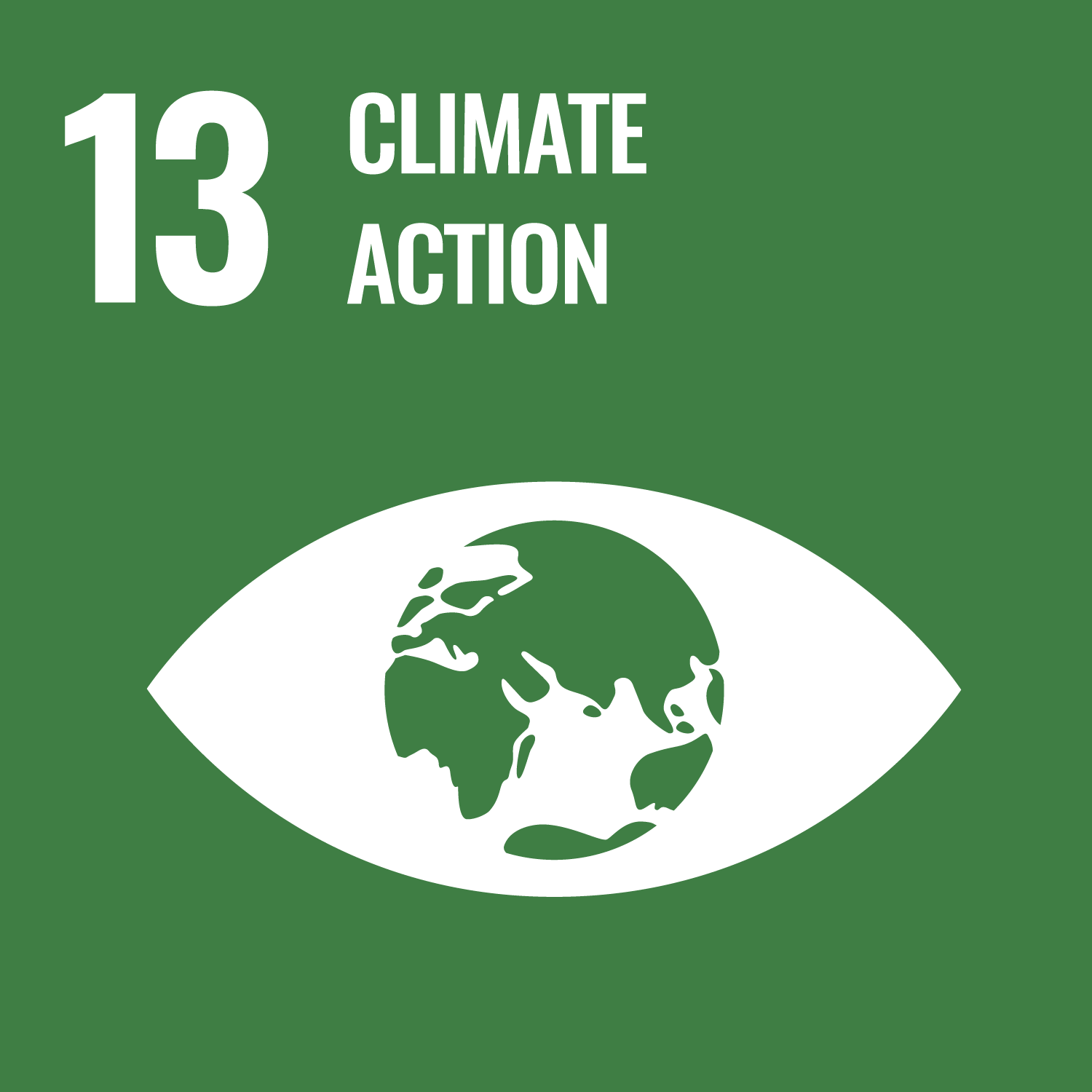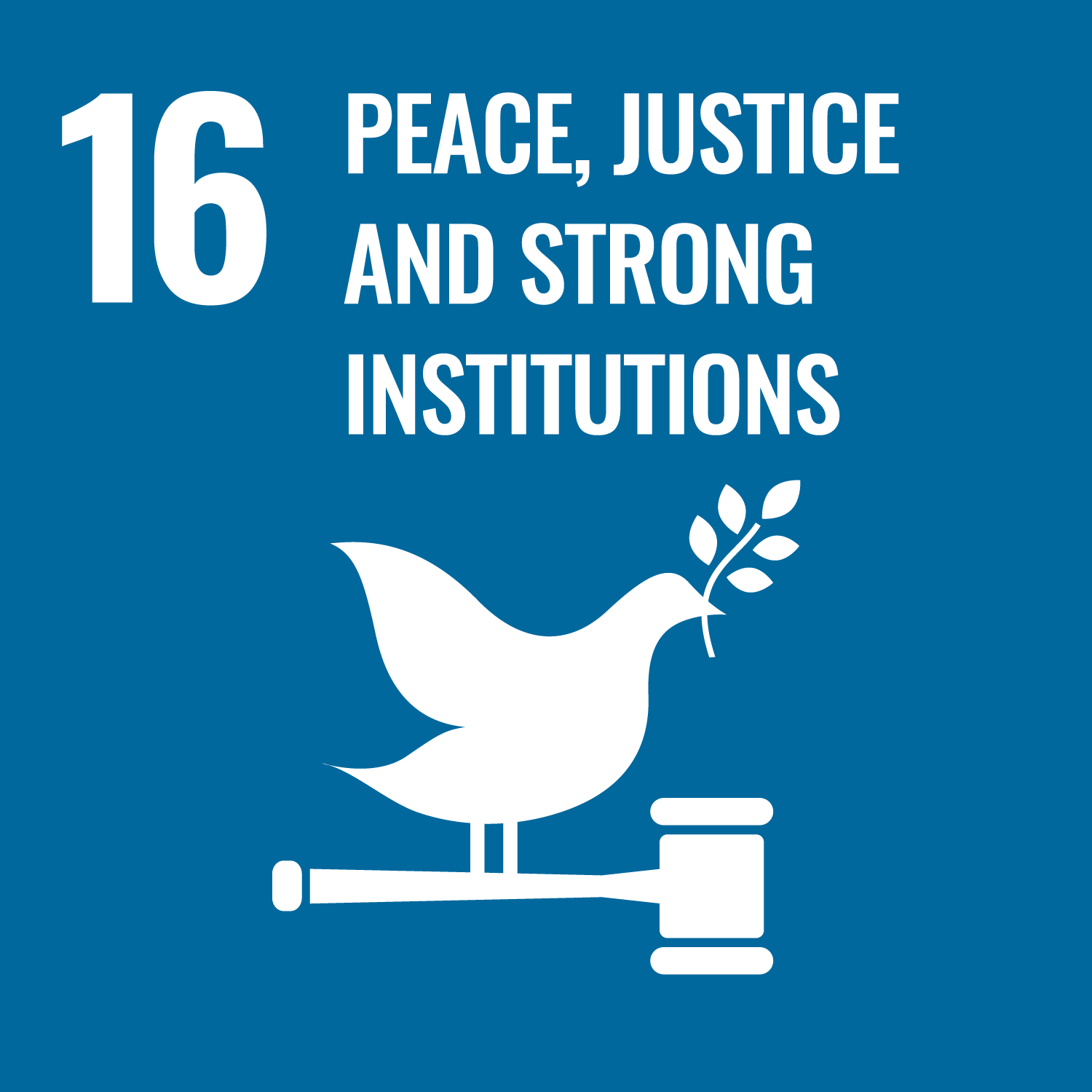The Challenges of the Modern Self-Determination in International Law
The history of diplomacy and theory of political state shows that the modern international legal principle of self-determination, in the current state-centric formal international political system, regulates inter and intrastate relations. Therefore the international legal principle of self-determination contributes to the national and international order.
The self-determination is highly contentious, irregular and lacks a degree of certitude. This causes a threat to international peace and security when overlooked, or implemented immoderately, and without goodwill. Such a jurisprudential disposition leads to doubts over the legal credentials of the political concept of self-determination, suggesting that it invokes moral imperatives. This view runs contrary to the findings of this research.
Political and legal moderation is shown to be essential in the administration of international law and therefore that of self-determination due to three distinctive elements: the humanity, the political state and the formal state-centric international political system. The components and determinants of society, political, and legal rules are distinctive thus rendering each system sui generis. Therefore no legal precept serving all three distinctive domains of order can achieve certitude and regular application, found in dissimilar legal systems, and be subject to fair criticism arising from comparative analysis.
Although international law is sui generis legal system, the current challenges of self-determination can be resolved by the deployment of administrative measures and values within formally empowered international political system.
The hypothesis is that the conditionality of legitimate components and determinants of international legal principle of self-determination, in the current formal state-centric international political system, does not deprive its jural imperatives.
The hypothesis is proven by regressive historical tracing of the conceptual developments at national levels, and at international level, upon its transmutation, once the formal international political system was established.
Once the hypothesis is proven jural imperative of self-determination in all three domains of humanity, the political state and the formal international order will be self-evident. Secondly, if all three domains are unregulated by international jural imperatives, they would be pitted against each other’s interest, and compete to subjugate each other.
The proof of the hypothesis leds to several sustainable conclusions.
First the transcendental jural cohesion provided by the three principles; legitimacy, democratic accountability and rule of law, in the said three domains of humanity, the state and the formal international order, forms the theoretic fusion of their pursued ends, as well as being found in practice as state action in the current UN era.
Second, self-determination also provides stability in diversity, and conflict of interests, aggravated by the constancy of change in national and international political systems.
Third, self-determination when administered moderately and with goodwill, provides the ultimate solution to international peace and security by placing greater international responsibility on the individual, and collective of individuals, and the state and international community, within the formal international political system. Thus, international law may be gentle civilised after all.
| Item Type | Thesis (Doctoral) |
|---|---|
| Subjects | Law |
| Divisions | Institute of Advanced Legal Studies |
| Date Deposited | 03 Aug 2016 16:16 |
| Last Modified | 06 Aug 2024 05:06 |
-
description - Mustafa, Ahmet.docx
-
subject - Accepted Version
-

- Available under Creative Commons: NC-ND 3.0















